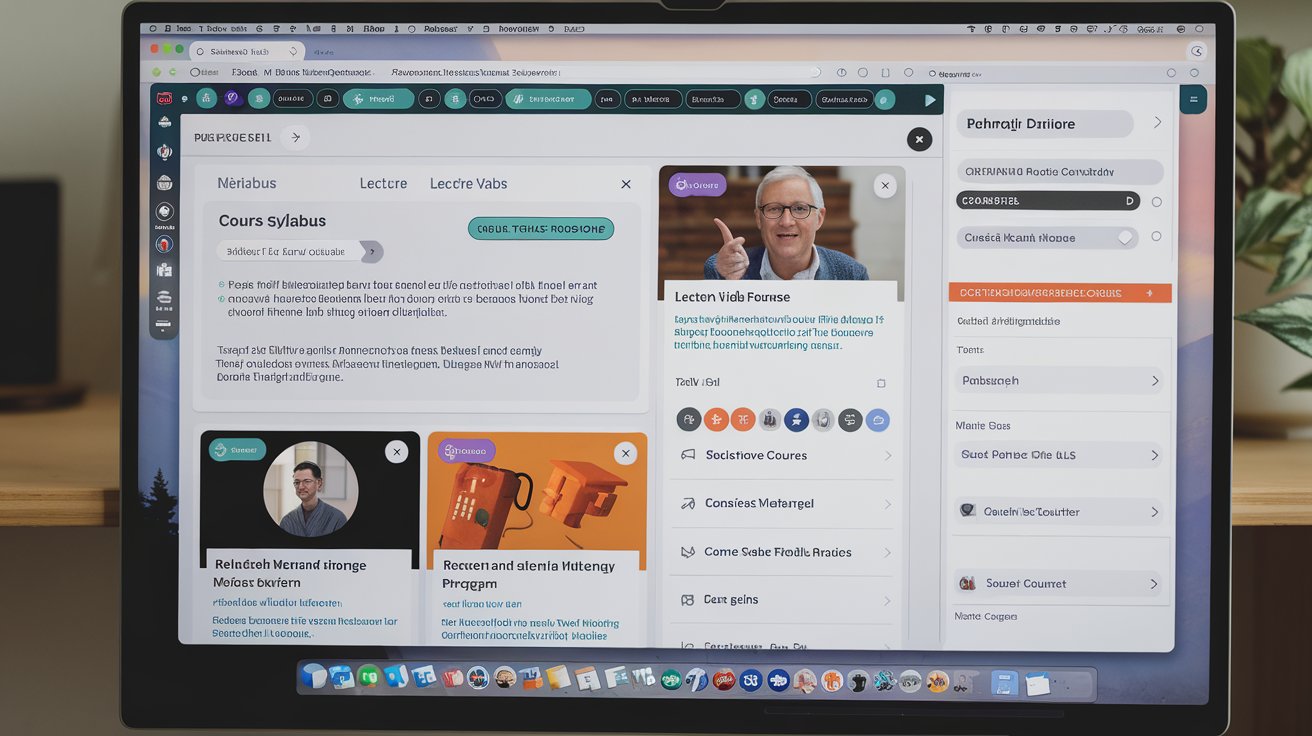In recent years, online degree programs have transformed the landscape of higher education, providing unprecedented access to learning opportunities for students around the globe. As technology continues to evolve, the appeal of earning a degree from the comfort of home has grown significantly. This article explores the benefits, challenges, and future of online degree programs.
Benefits of Online Degree Programs
- Flexibility and Convenience One of the primary advantages of online degree programs is their flexibility. Students can learn at their own pace and schedule classes around their personal and professional commitments. This is particularly beneficial for working adults, parents, or anyone with a busy lifestyle.
- Diverse Course Offerings Online platforms offer a wide variety of programs across different fields. Whether you’re interested in business, healthcare, technology, or the arts, you can find accredited online degrees tailored to your interests and career goals.
- Cost-Effectiveness Many online degree programs are more affordable than traditional on-campus options. Students can save on commuting costs, housing, and other expenses associated with campus life. Additionally, some programs offer financial aid and scholarships specifically for online learners.
- Access to Global Resources Online education often provides access to a broader range of resources, including webinars, eBooks, and interactive forums. Students can connect with a diverse cohort of peers and instructors from different geographical locations, enriching their educational experience.
- Skill Development Online learning requires self-discipline, time management, and tech-savviness—skills that are highly valued in today’s job market. Graduates from online programs often emerge with a unique skill set that combines academic knowledge and practical competencies.
-

Students
Challenges of Online Degree Programs
While online degree programs offer numerous advantages, they also come with certain challenges:
- Limited Face-to-Face Interaction One of the downsides of online education is the lack of in-person interactions. Some students may miss the social aspects of campus life and face-to-face discussions with peers and professors.
- Self-Motivation Required Online learning demands a high level of self-motivation and discipline. Students must manage their time effectively and stay engaged with the material without the structure of a traditional classroom environment.
- Technology Dependence Reliable internet access and familiarity with technology are essential for online students. Technical issues can disrupt learning and cause frustration.
- Perception and Credibility Despite the increasing acceptance of online degrees, some employers may still hold biases against them. It’s important for students to choose accredited programs to ensure their degrees are recognized in the job market.
The Future of Online Degree Programs
The future of online education looks promising. As technology continues to advance, we can expect:
- Increased Personalization: Adaptive learning technologies will allow for a more tailored educational experience, catering to individual learning styles and paces.
- Integration of AI and VR: Artificial intelligence and virtual reality are poised to revolutionize online learning by creating more interactive and immersive educational environments.
- Growing Employer Acceptance: As more individuals earn degrees online and demonstrate their capabilities in the workforce, employers are likely to become increasingly accepting of online credentials.
- Global Collaborations: Online degree programs will continue to foster collaborations between institutions worldwide, allowing students to participate in cross-border projects and exchanges.
-

Students
Conclusion
Online degree programs have opened doors for countless individuals seeking higher education. With their flexibility, affordability, and diverse offerings, they represent a significant shift in how we approach learning. As technology continues to evolve and perceptions change, online education will play an increasingly vital role in shaping the future of work and education. Whether you’re looking to start a new career or advance in your current field, an online degree program could be the key to unlocking your potential.
